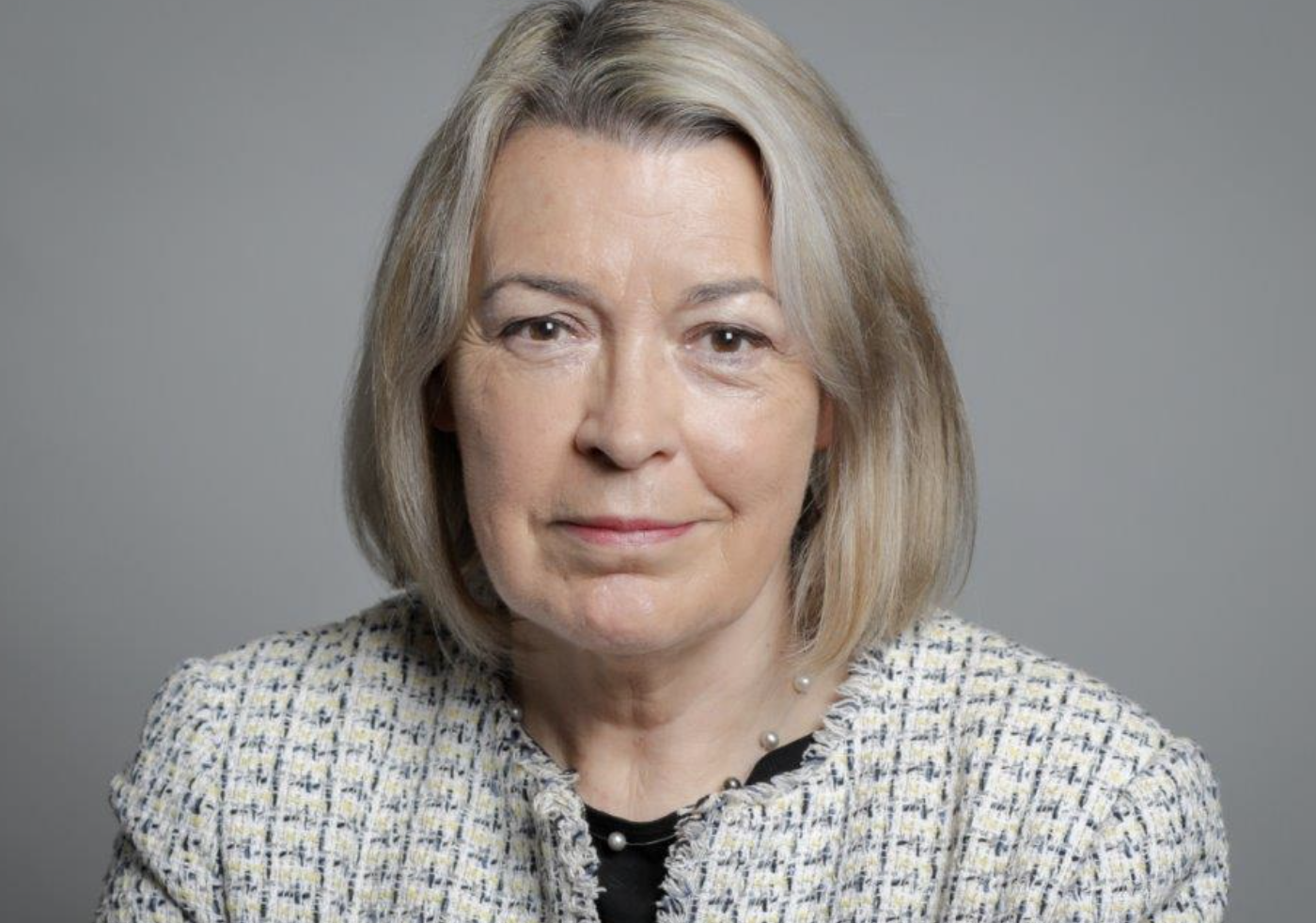Charities have given a mixed response to the government’s pledge to help individuals, as well as voluntary sector organisations, to sponsor and offer homes to Ukrainian refugees.
The Homes for Ukraine scheme launches this week and allows individuals, charities, community groups as well as businesses to sponsor refugees fleeing Russia’s invasion and bombing of Ukraine.
The government has created a website for sponsors to record their interest ahead of the first phase of the scheme opening for applications on March 18.
But while some charities in the sector have welcomed the scheme others have described it as a “massive downgrade” on previous support to refugees.
Under the scheme sponsors can nominate a named Ukrainian or Ukrainian family to stay with them in their home or a separate property.
Charities are also involved in connecting individuals for sponsors who do not have a named contact.
Those arriving from Ukraine will be granted three years leave to remain, as well as entitlement to work and access benefits and public services.
Among charities involved in helping find homes for refugees and backing the scheme is the Sanctuary Foundation.
“In 1939 the people of the UK opened their hearts and homes to children fleeing from the Nazis and we look back on that ‘Kinder Transport’ as an act of culture-defining hospitality,” said Foundation director Krish Kandiah.
“With the invasion of Ukraine the largest refugee crisis in Europe since the second world war is unfolding.
“I welcome with great enthusiasm the UK government’s ‘Homes for Ukraine’ scheme. Sanctuary Foundation has already had over 7,000 pledges of sponsorship and I stand ready both personally and professionally to be part of this extraordinary welcome of Ukrainian refugees.”
Another is Reset Communities and Refugees which specialises in community sponsorship of refugees.
“We warmly welcome the introduction of a way in which communities in the UK can open their doors to welcome those who so urgently need help," said the charity's co-director Kate Brown.
“We have seen that, when communities come together to welcome those seeking sanctuary, they can make a huge impact, transforming the lives of so many whilst offering safety to those who need it.”
Register your interest in our #HomesForUkraine scheme here https://t.co/iL1dcrW4uC pic.twitter.com/b1nJ3m2n0S
— Michael Gove (@michaelgove) March 14, 2022
Levelling Up secretary Michael Gove added: “Our new Homes for Ukraine scheme offers a lifeline to those who have been forced to flee.
“I’m asking people across our country who can provide a home for Ukrainians to consider being sponsors.”
‘Weeks of dither and delay’
But the launch of the Homes for Ukraine scheme follows concerns that the UK government has been slow to support refugees and around red tape facing Ukrainians wanting to find safety in the UK.
After weeks of dither and delay the Gov's plan to protect people fleeing the war in Ukraine fails to match the need of the moment and the compassion of the public.
— Refugee Action 🧡 (@RefugeeAction) March 13, 2022
In fact, it's a massive downgrade from the UK’s previous support for refugees – and may even put them at risk.🧵
“After weeks of dither and delay the Government’s plan to protect people fleeing the war in Ukraine fails to match the need of the moment and the compassion of the public,” said Refugee Action chief executive Tim Naor Hilton.
“It is a massive downgrade from the UK’s previous support for refugees – and it may even put them at risk.”
He added that current community sponsorship resettles around 150 a year and “it is challenging to scale up” to be “the main response to the displacement of more than 2.5 million people”.
Refugee Action is also concerned that those arriving from Ukraine will be denied refugee status “which falls far short of the protection guarantee they should expect” and access to benefits.
“We are also concerned that this new scheme asks members of the public to take in traumatised people without vital safeguarding and training, putting too much responsibility on their shoulders while leaving refugees at risk of exploitation,” he added.
Legal concerns
Meanwhile, property law barrister Christian Fox, from Beckett Chambers, has warned sponsors that "there are legal pitfalls to consider that can affect the resident and those they seek to shelter".
"Offering anything other than a room in your own main home, for example an annex or separate property, can inadvertently create a tenancy," he said.
"It is far better for both parties to understand the way they can extend or terminate the agreement now, rather than risking acrimony or legal action later.
"There are also questions around responsibility for property maintenance, insurance and payment for utilities and council tax that need to be considered before, rather than after, the event."
People providing homes or a spare room rent-free for a minimum stay of six months will receive £350 per month through the scheme.
















Recent Stories